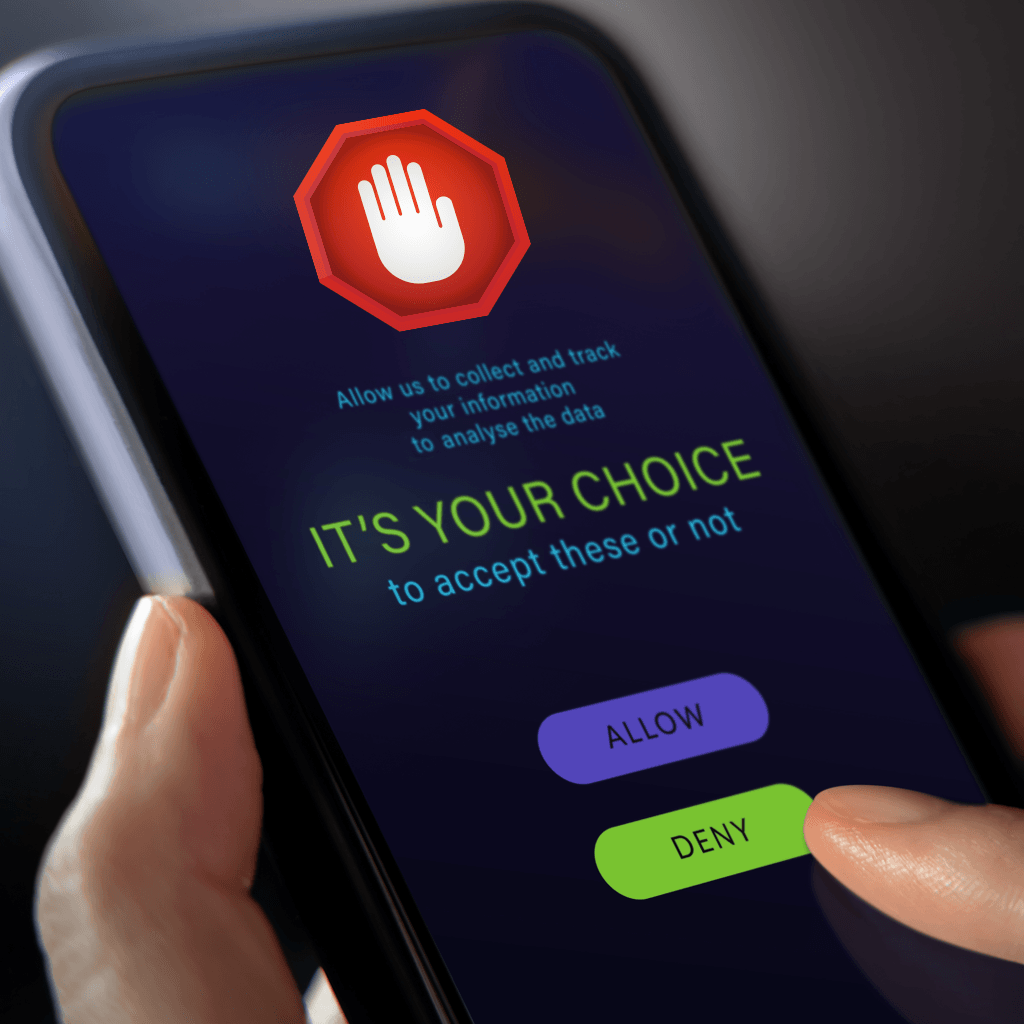If you suspect that you or someone who you know may be a victim of fraud, you should contact the Trinidad and Tobago Police, Fraud Squad at 1(868) 625-2310; 1(868) 623-2644, or 1(868) 652-8594 or email: fraud@ttps.gov.tt.
By following these four steps: Stop, Think, Observe, Prove, you create multiple layers of protection against fraud. Each step gives you another opportunity to identify red flags and avoid becoming a victim of scammers who prey on quick decisions and emotional responses.
Cybercriminals are constantly evolving their tactics. Stay updated on the latest threats and protection measures by following our social media channels and checking this page regularly.




